
Is it a harebrained dream to think of Guanacaste as a zone that would be attractive to companies that provide space exploration services? The answer that engineer Carlos Rodríguez offers us is no. It’s not a dream or a crazy idea.
According to this Costa Rican scientist and businessman (who had a leading role in the second Costa Rican mission to reach space last year), Guanacaste has very specific and favorable conditions as an attractive zone for companies in a new business and scientific sector that is known today as “New Space.”
Rodríguez was one of the Costa Rican engineers who participated this week, from September 12 to 14, in the Central American Space Congress, an event held at the University of Costa Rica (UCR) that brought together more than 300 professionals from the isthmus who are connected to space exploration. The event had other illustrious Costa Ricans linked to the United States Space Agency (NASA) as speakers, such as Franklin Chang-Díaz (astronaut and founder of the company Ad Astra Rocket, based in Liberia) and Sandra Cauffman (deputy director of NASA’s astrophysics division).
Engineer Carlos Rodríguez is executive director of Orbital Space Technologies, a Costa Rican company that placed a scientific device manufactured in Costa Rica into space in November of last year. The mission looked for a solution against a disease that destroys banana plantations, called Panama Disease (the fungus Fusarium oxysporum).
From Guanacaste to space?
When it comes to giving the basis for his confidence that Guanacaste can become a development pole for the aerospace industry, Rodríguez cites a weighty precedent: two important companies setting up operations in the province that are linked to New Space (as the nucleus of private companies led by billionaires such as Elon Musk of SpaceX and Jeff Bezos with Blue Origin are known, which work alongside government agencies such as NASA or the European Space Agency on projects and services to explore outer space).
Ad Astra Rocket operates out of Liberia, developing the VASMIR plasma propulsion engine – designed by Franklin Chang – which could be vital in operating flights to the moon and Mars; and in Filadelfia, the Leo Labs firm built a sophisticated radar whose objective is to identify objects and space debris, which has the precision to locate artifacts that are just two square centimeters in low Earth orbit.
I think Guanacaste is a very special case. It has all the necessary conditions to carry out this type of development: first, because it is close to the coasts, and the companies that carry out space flights are very interested in that. In addition, Costa Rica is very close to the equator and that is a great value that Europeans and Americans don’t have.” explained engineer Rodríguez.
“When space launches are made near the Earth’s equator, the location helps a lot so that less energy has to be used to get off the planet,” he added.
Besides having a history of businesses here and a strategic geographical location, Rodríguez added that Guanacaste has a very well-positioned industrial development suitable for exports. It has an international airport — Daniel Oduber— and several parcels of land that already operate under the free trade zone system.
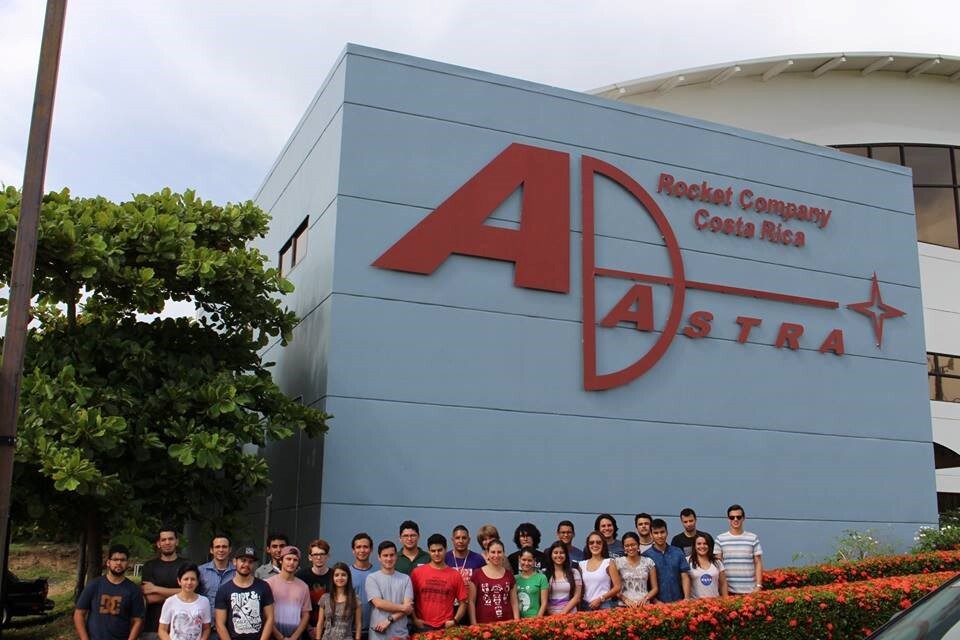
The company Ad Astra Rocket, founded by Costa Rican astronaut and businessman Franklin Chang Díaz, was the pioneer in setting up its facility in Liberia, Guanacaste. Photo: National Academy of Sciences.
Rodríguez and other scientists and businessmen like Chang-Díaz imagine strengthening the aerospace industry, using as an example the fact that the country has already managed to attract companies that manufacture high-tech instruments, equipment and services for the medical industry, such as Boston Scientific and Abbott (In 2022, the economic sector that manufactures precision and medical equipment exported $4,569,000,000, according to data from the Costa Rican Foreign Trade Promoter).
“From Costa Rica, we can produce products equal to or better than the competition, because we have the technical capabilities, we have the infrastructure and we have much more competitive salaries. Our operating costs are lower and that allows us to generate products with which Europeans and Americans will have a harder time competing,” the CEO of Orbital Space Technologies told us. In addition, he let us know in advance that his company is also studying the possibility of having operations in Guanacaste.
Becoming a New Space zone is a prediction that opens new hopes for the future of the province. At the same time, it initiates an enormous challenge to the educational sector to guide and educate Guanacastecans in skills that allow them to access this space dream.


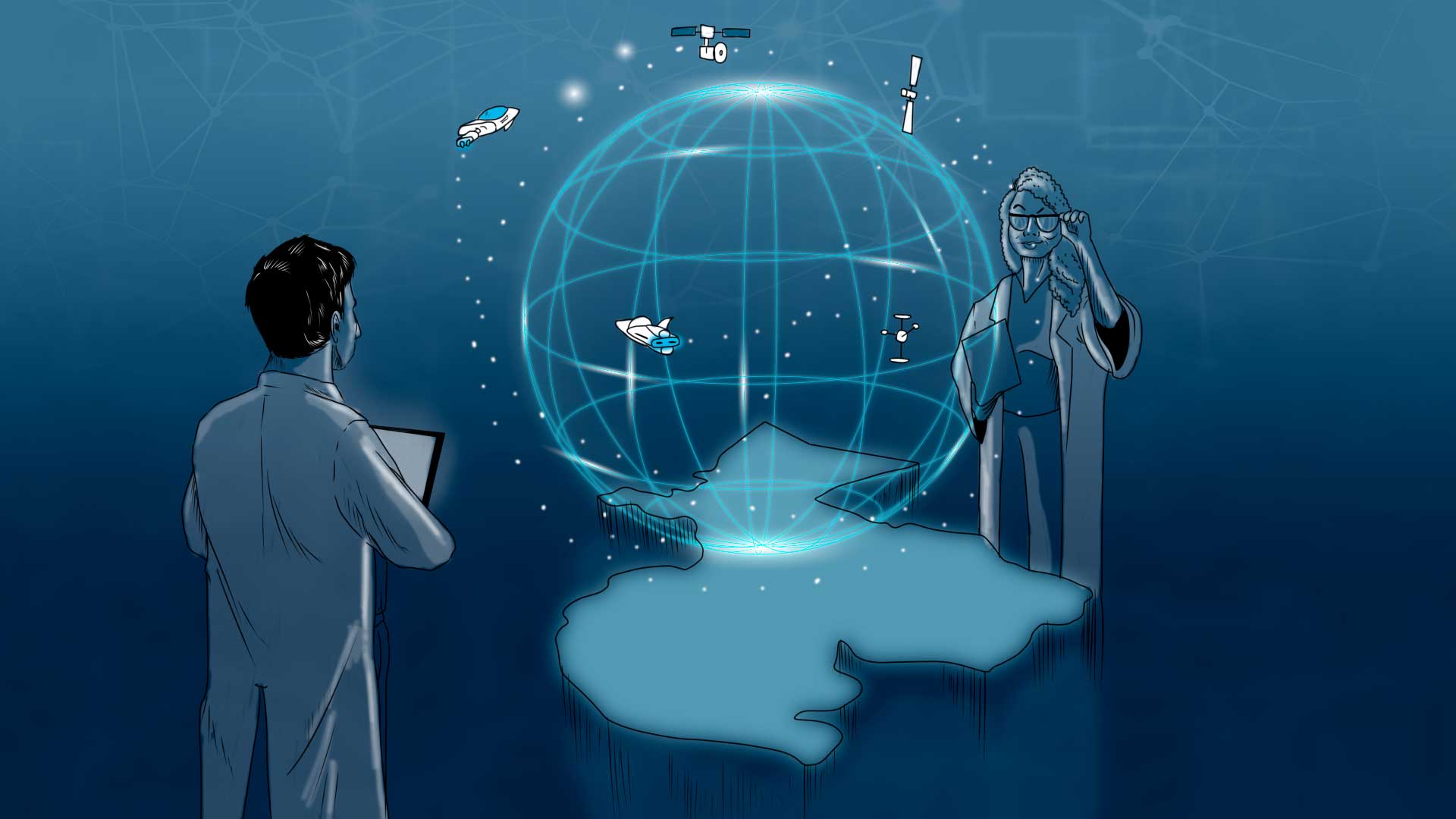
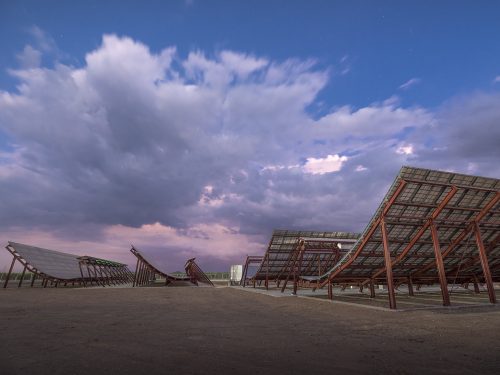
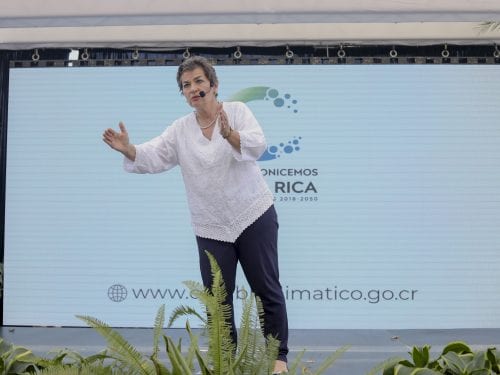
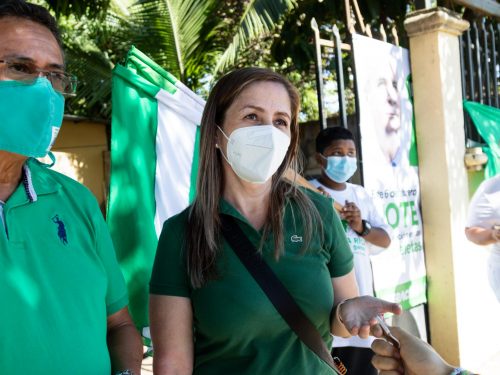

Comments